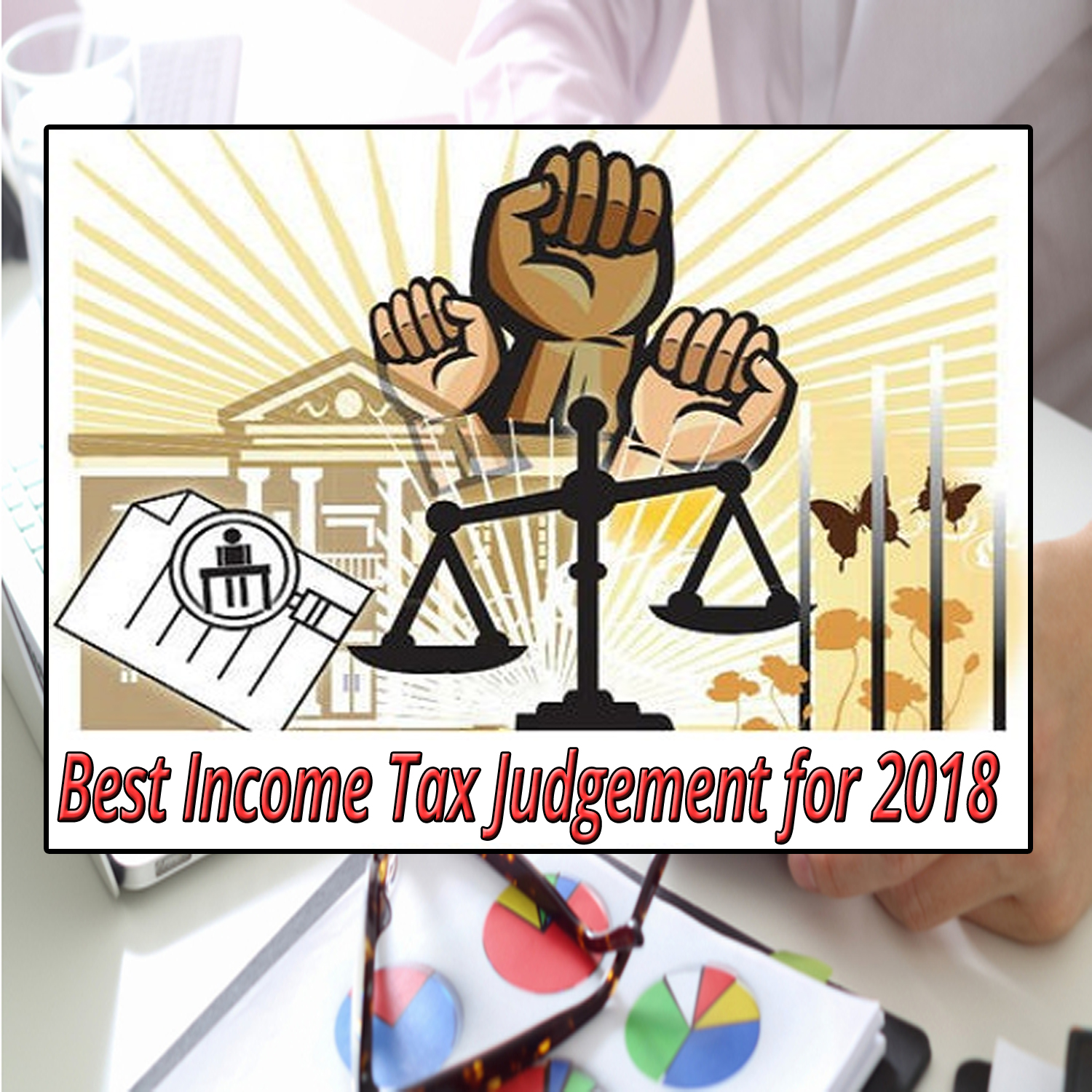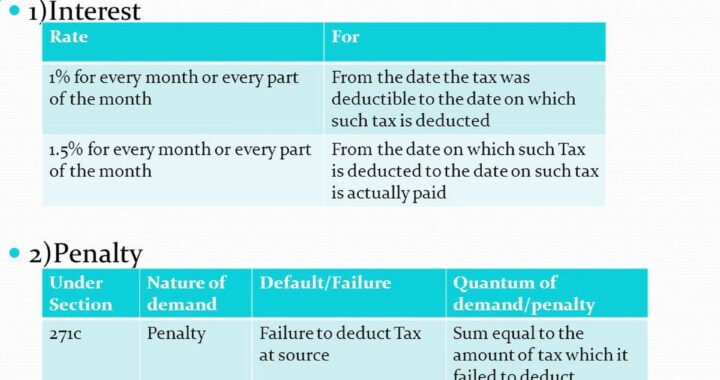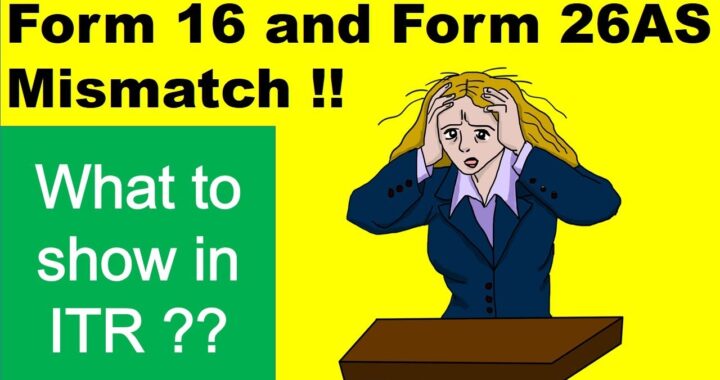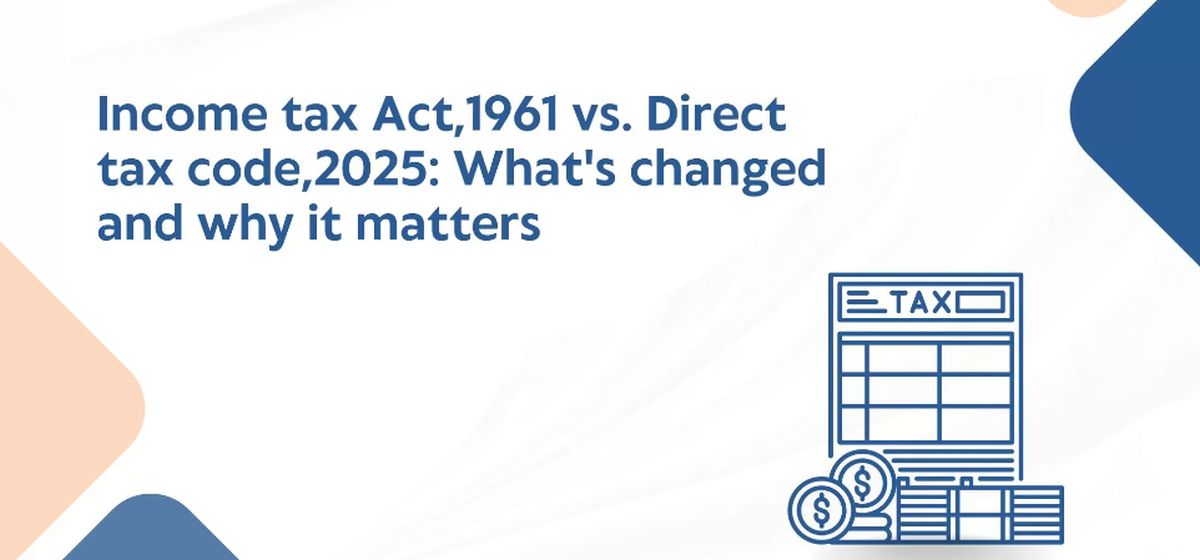Some of the Best Income Tax Judgements for 2018 that can help plan your income tax liability

Each and every year, numerous judgments have been delivered on the Income Tax Act. Of all these cases, there are a few which have been highlighted as important rulings that can be used for future references and to decode some of the aspects of the Income Tax Act of 1961. There are a few cases wherein the judgment settled an existing controversy or lead to a new controversy. They are listed as under:
Best Income Tax Judgements for 2018
1. Upholding the linking of Aadhaar with PAN by the Supreme Court:
A new section 139AA was inserted by the Finance Act, 1971 into the Income Tax Act of 1961, as per which, every eligible individual is needed to link their Aadhar number with their PAN and also quote the Aadhaar number in their Income Tax return. If in case a person does not have an Aadhaar Number but has applied for the same, then the Enrollment ID of their Aadhaar application has to be stated in the ITR.
The validity of the section 139AA had already been upheld by the Supreme Court by way of repelling the disagreement raised on Article 14 and Article 19 of the Constitution in the case of Binoy Viswam vs. Union of India [2017]. But, Section 139AA had not been checked in terms of the privacy rights that have been placed in Article 21 of the Constitution.
In the case of KS Puttaswamy v. Union of India, the Supreme Court held that, although privacy is the fundamental right of an individual, it is not yet an absolute right and has certain limitations. There are three tests which have to be satisfied in order to judge the permissible limits pertaining to the invasion of privacy:
- a) Existence of law
- b) Legitimate State interest
- c) Test of Proportionality
The first requirement was satisfied because section 139AA is a statutory provision. As per the second requirement, Section 139AA aims at safeguarding the specific interest of preventing tax evasion. Therefore, Section 139AA has met the three tests successfully.
2. Discounts that are offered by Flipkart.com to its buyers are not intangible assets:
The assessee is a wholesale dealer was acquiring goods at a price from many people and was immediately selling them at a discount to the retail seller – WS Retail Services Pvt. Ltd. The retail seller then sold these goods via the e-commerce platform ‘Flipkart.Com’. To increase the sales volume, the strategy implemented by the assessee to forego the profit had led to the assessee-co turning into a loss-making company.
According to the Tribunal, one couldn’t go ahead based on the presumption that any profit foregone will be deemed as an expense incurred to acquire an intangible asset, either brand value or goodwill. As it is not possible to ascertain the cost involved in acquiring goodwill, it is not possible to indicate that the profits foregone have created goodwill to the assessee.
As the assessee didn’t incur an expense in the creation of intangibles, being goodwill or brand value, the discounts offered by way of selling goods at a price lesser than the cost price were to be considered as revenue expenditures and the deduction was allowable for the same.
3. Gift received by a person from a HUF is not exempt
In the case of Gyanchand M. Bardia v. ITO [2018], the assessee claimed that a gift of a specific amount that was received from his Hindu undivided family (HUF) was tax-exempt u/s 56(2)(vii). But the Assessing Officer stated that the term ‘relative’ in Explanation (e) to Section 56(2)(vii) did not include the HUF as a donor and, hence, the amount was added to the income of the assessee under Section 68.
On further appeal, the Tribunal held that as per Explanation to Section 56(2)(vii), the members of a HUF are its relatives. Therefore, if a HUF receives any amount from its member, this amount will not be chargeable to tax. However, in cases where the member receives an amount from the HUF, the amount would be chargeable to tax because the term ‘relatives’ as defined does not include HUF as a relative. Thus, the plea of the assessee was rightly declined and the addition of amount to his income was upheld.
4. Sec. 68 additions not tenable on grounds that relatives gave the gift without any occasion: High Court:
[Pendurthi Chandrasekhar v. DCIT [2018] 91]
In this case, additions had been made u/s 68 on the grounds that the assessee was unable to show why Rs. 73 lakhs were gifted by the assessee’s maternal aunt without any consideration and without any occasion. On further appeal, the High Court held that no occasion is required to accept a gift from one’s relative and this was in favor of assessee.
The Court also held that when the donor has given a confirmation letter that Rs. 73 lakhs had been transferred by her to her nephew as a gift completely out of natural love and affection, the Assessing Officer should not have doubted her. In this case, the donor was the assessee’s own maternal aunt and she was covered in the definition of ‘relative’ as defined under the explanation to section 56(2)(v). Therefore, the unexplained addition of the amount under section 68 was to be deleted.

 Can an assessee pay House Rent to his parents and claim relief? Would there be any legal complications?
Can an assessee pay House Rent to his parents and claim relief? Would there be any legal complications?  Boost Your Business & Reduce Taxes: A Guide to Maximizing Benefits Under Section 80JJAA
Boost Your Business & Reduce Taxes: A Guide to Maximizing Benefits Under Section 80JJAA  What is remedy to taxpayer if the Tax deductor fails to deposit the TDS or fails to file TDS Return
What is remedy to taxpayer if the Tax deductor fails to deposit the TDS or fails to file TDS Return  What is Income Tax Liability on Income from trading in Future and Options
What is Income Tax Liability on Income from trading in Future and Options  The Importance of Filing Your Income Tax Return on Time: A Financial Must-Do
The Importance of Filing Your Income Tax Return on Time: A Financial Must-Do  Is Addition made by Assessing officer on basis of mismatch between AIR and F26AS Justified
Is Addition made by Assessing officer on basis of mismatch between AIR and F26AS Justified  Major Changes Expected in Direct Tax Code 2025 and why these matter
Major Changes Expected in Direct Tax Code 2025 and why these matter